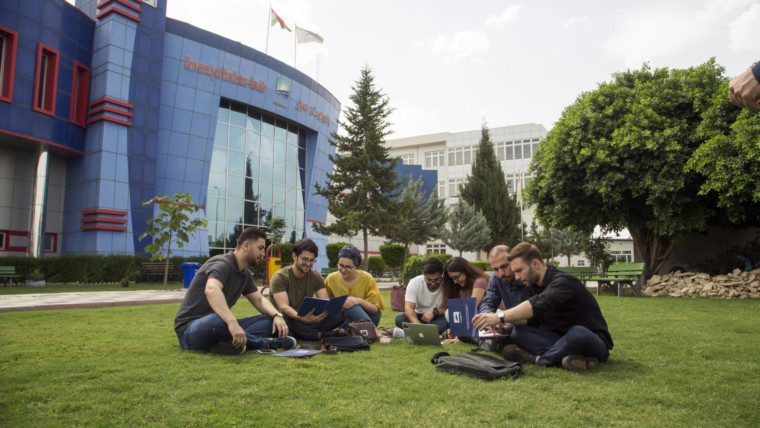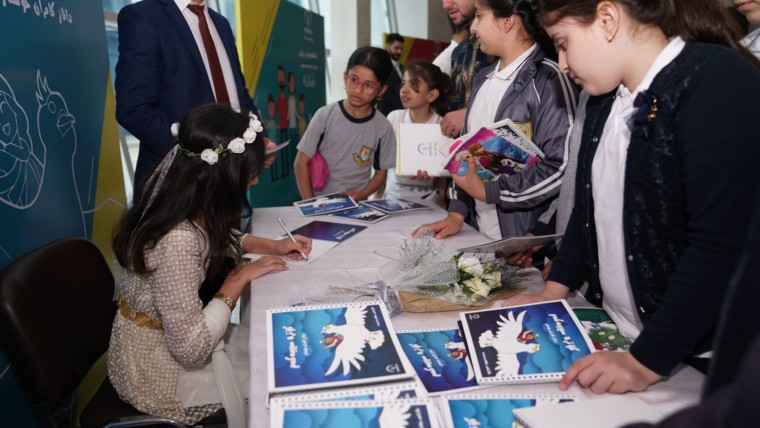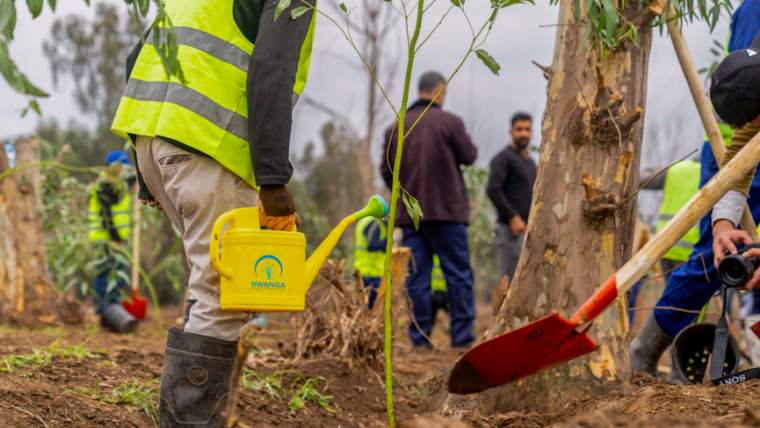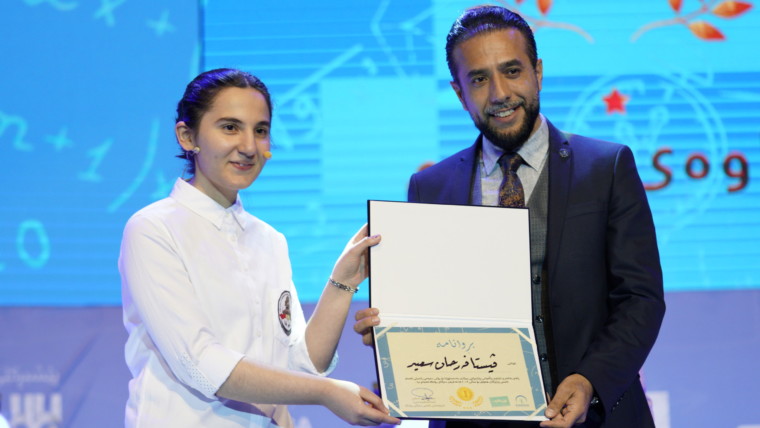In order to prepare tomorrow’s workforce, the Kurdistan Region of Iraq is prioritizing quality assurance and arranging its higher education based on the skills required for the development and diversification of the economy.
The Kurdistan Region of Iraq (KRI) puts great focus on its higher education sector by advancing it from a traditional model that relies on instruction-based rote learning to incorporate Western-style teaching methods that emphasize critical thinking and give students more freedom of choice in their academic pursuits.
The Kurdistan Regional Government (KRG) has recognized the need to better tailor higher education in both universities and technical institutes to the skillsets demanded by local and international firms operating in the KRI. Thus, the KRG Ministry of Higher Education (MoHE) is implementing guidelines to offer quality in higher education across the KRI, and teaming up with key players in the regional economy to ensure that new graduates have the skillsets and experience to succeed in the local workplace. In accordance with this strategy, the MoHE has established a number of tertiary institutions dedicated to technical and vocational education and training. The Ministry runs two-year courses at technical institutes and four-year courses at technical colleges across Kurdistan that are managed by three polytechnic universities.
As many as 19 new universities have been founded in the Kurdistan Region of Iraq in the last 15 years. Today, there are 26 universities in the KRI. This confirms the KRG’s commitment to investing in its human capital.
Quality Assurance Plan
While supporting an increasing range of choices that the proliferation of private institutions has helped create for students, KRG education officials are keen to point out that their support is dependent on those institutions meeting government standards. The Ministry’s strategy is to prevent higher education from becoming commercialized. The Ministry has weighed applications for new private universities against the key metrics of a quality-assurance plan for higher education that was adopted in 2011, approving just three out of the 18 proposals for new private universities it has received since then.
The KRI is prioritizing quality assurance and identifying key sectors of the future to prepare tomorrow’s workforce.
These higher education quality assurance procedures focus on curriculum reform, increased autonomy for universities and technical institutions, programs offering staff the chance for continuous professional development, and the promotion of research. The strategy also establishes a system for evaluating teaching methods, course materials, exam design, and lecture styles in parallel with a planned accreditation system to ensure that institutes, colleges, and universities conform to the highest academic standards.
Human Capacity Development Program
The KRG has founded the Human Capacity Development Program, which seeks to cultivate professional skills and leadership abilities among students from the KRI by giving them the opportunity to earn a degree abroad. Until now, the program has given over 5,000 of Kurdistan’s most talented students the opportunity to study abroad with the help of government-sponsored scholarships. Over 1,000 of those students finished their foreign academic pursuits and returned to join Kurdistan’s labor force. Scholarship recipients also benefit from language tuition at centers set up by the MoHE in anticipation of their overseas studies. The KRG has spent over $100 million on the Human Capacity Development Program and plans to expand it in the years ahead.
A growing number of universities in the KRI are strengthening their ties with their counterparts abroad, and offer a growing number of courses in English in an effort to expand opportunities for their students and benefit from international expertise.
Projecting future trends
There is an emerging movement to connect employers with higher education intuitions across the KRI. One initiative is annual career events, where organizers have been advising job seekers on the importance of internships and connecting local and international companies interested in hosting interns with workers and students looking to gain experience.







